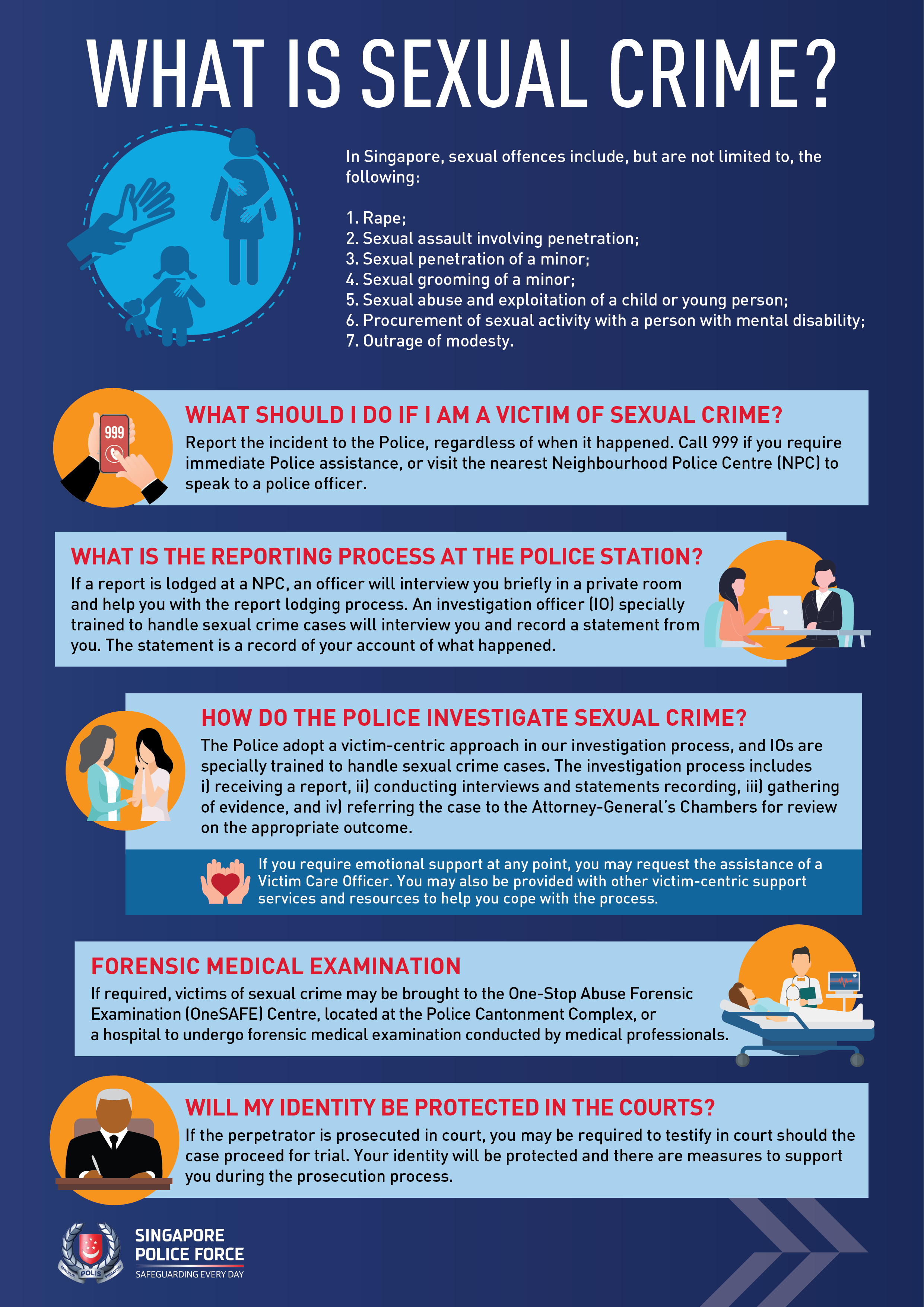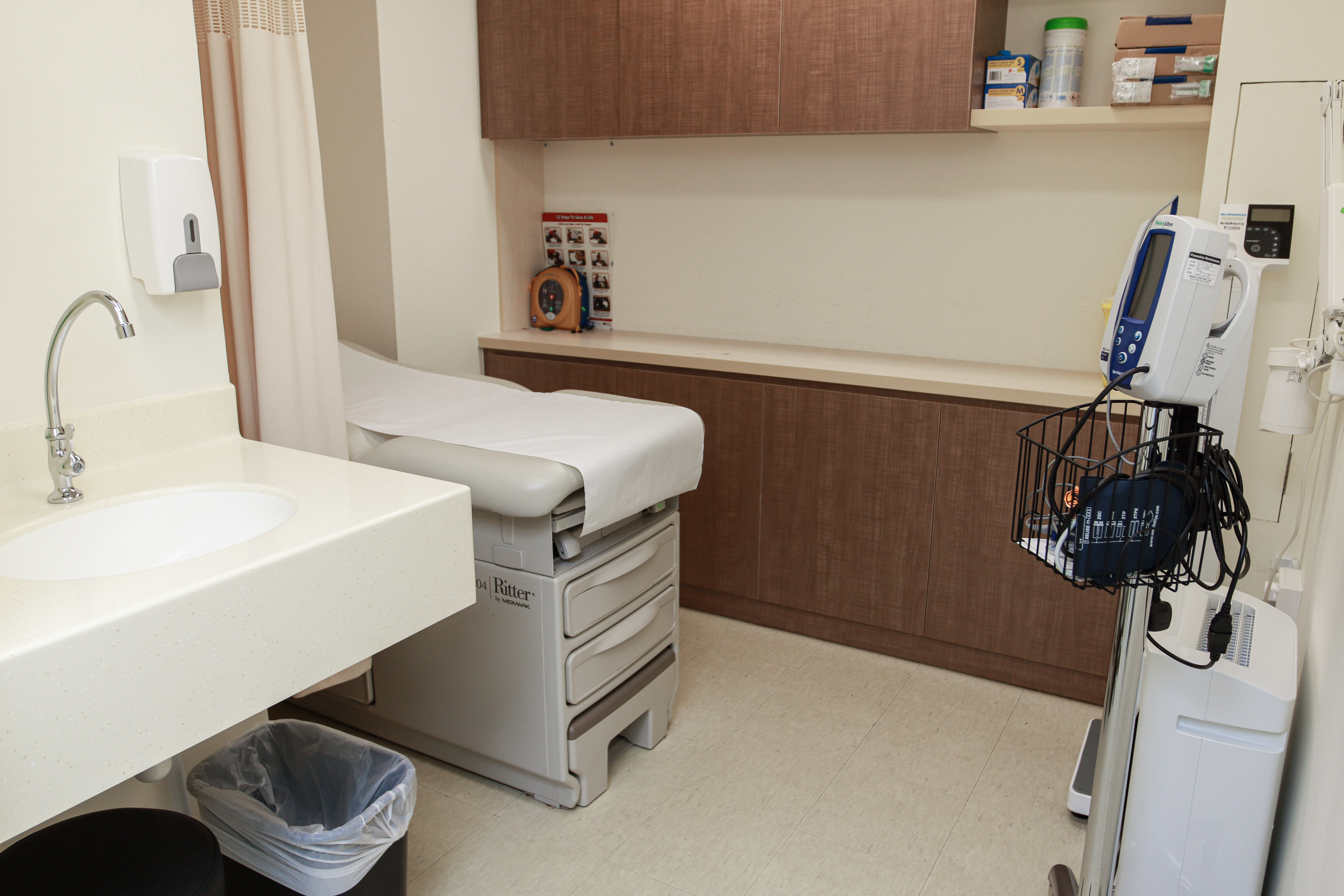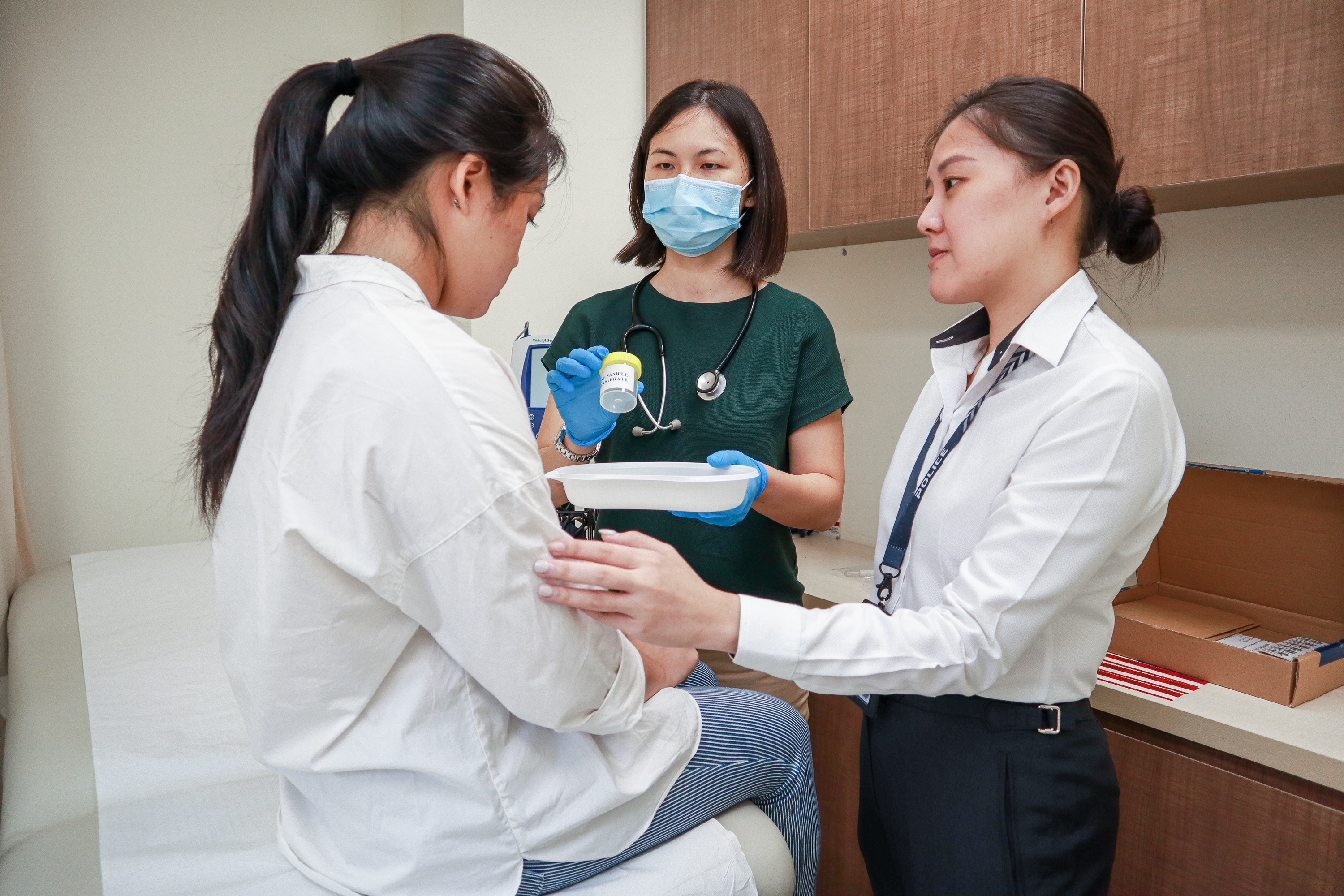-
Crime
- Act of Endangering Human Life
- Commercial Crimes
- Youth-Centric Advisories
- Dishonest Misappropriation Of Property
- Cybercrime
- Family Violence
- Housebreaking
- Theft In Dwelling
- Motor Vehicle Theft
- Outrage of Modesty
- CDSA and CMA Bill Amendments
- Misuse of SIM Card Offences
- Sexual Crime
- Voyeurism
- Snatch Theft
- Scams
- Theft Of Bicycle and Personal Mobility Devices
- Unlicensed Moneylending
- Crime Prevention Posters
- Traffic
- Airport Security
- Online Criminal Harms Act
- Infrastructure Protection
- Security Outcome-Based Contracting
- Crime
- Act of Endangering Human Life
- Commercial Crimes
- Youth-Centric Advisories
- Dishonest Misappropriation Of Property
- Cybercrime
- Family Violence
- Housebreaking
- Theft In Dwelling
- Motor Vehicle Theft
- Outrage of Modesty
- CDSA and CMA Bill Amendments
- Misuse of SIM Card Offences
- Sexual Crime
- Voyeurism
- Snatch Theft
- Scams
- Theft Of Bicycle and Personal Mobility Devices
- Unlicensed Moneylending
- Crime Prevention Posters
- Traffic
- Traffic Matters
- Road Safety Tips
- Road Safety Campaigns
- Road Safety Challenge
- Airport Security
- Known Consignor Regime
- Regulated Air Cargo Agent Regime
- Online Criminal Harms Act
- Introduction to OCHA
- Application for Reconsideration
- Appeal to Reviewing Tribunal
- Codes of Practice
- Appeal to Minister
- Infrastructure Protection
- Infrastructure Protection Act
- Protected Areas and Protected Places
- Special Developments / Special Infrastructures
- Building Security
- Security Outcome-Based Contracting
- Security Outcome-Based Contracting
The following infographic shows an overview of the reporting, investigation, and court processes for sexual crime cases. Please scroll down for more information.
What is Sexual Crime?
In Singapore, sexual offences include, but are not limited to, the following:
- Rape;
- Sexual assault involving penetration;
- Sexual penetration of a minor;
- Sexual grooming of a minor;
- Sexual abuse and exploitation of a child or young person;
- Procurement of sexual activity with a person with mental disability;
- Outrage of modesty.
What should I do if I am a victim of sexual crime?
Sexual crime can happen to anyone. Sexual crime is never the fault of the victim.
Call 999 if you require immediate assistance from the Police, or visit the nearest Neighbourhood Police Centre (NPC) to speak to a police officer. We are available to assist and help you at any time of the day.
The Police take all reports of sexual crime seriously. If you are a victim of sexual crime or know of someone who is, report the matter to the Police. You may report the matter regardless of when it happened. Doing so as soon as possible can help preserve evidence. The information you provide the Police could help bring a criminal to justice and prevent further sexual assault against other victims.
Victims may feel apprehensive about lodging a police report. Please be assured that the Police will do our best to investigate your case and to assist you. We encourage you to report it early as this will allow the Police to secure evidence that might otherwise dissipate over time.
You may also call the National Anti-Violence and Sexual Harassment Helpline (NAVH) at 1800-777-0000 to get advice. The NAVH is a dedicated 24-hour helpline operated by the Ministry of Social and Family Development (MSF) for reporting of violence or abuse, including sexual violence and sexual harassment, in a familial or non-familial setting. The NAVH aims to make it easier for victims of violence and abuse, members of the public or professionals to seek help or make a report, by consolidating the services provided by various existing helplines into a single helpline.
How do the Police investigate sexual crime?
The Police adopt a victim-centric approach in our investigation process, which includes i) receiving a report, ii) conducting interviews and statement recording, iii) gathering of evidence, and iv) referring the case to the Attorney-General's Chambers for review on the appropriate outcome. There are also measures to support victims during the investigation process and during prosecution if the perpetrator is prosecuted and the victim is required to testify in court.
If a report is lodged at a NPC, an officer will interview the victim briefly in a private room and help the victim with the report lodging process.
The victim will be referred to an Investigation Officer (IO) specially trained to handle sexual crime cases. The IO will interview and record a statement from the victim. The statement is a record of the victim's account of what happened. During the course of investigations, police officers may have to ask difficult questions to build a case. The questions are not intended to impute responsibility on the victims. They are necessary to ensure investigations are conducted objectively and can withstand the scrutiny of court proceedings if the case is prosecuted in court. This article provides information on the questions that may be asked during the interview.
If the victim requires emotional support at any point, the victim may request the assistance of a Victim Care Officer. These pamphlet, article and video provide information on the Victim Care Cadre Programme.
After the report is lodged, victims of sexual crime may be requested to assist the Police with the initial investigations, which may include statement recording, collection of evidence, and undergoing forensic medical examination. Depending on the facts and circumstances of the case, this may take some time. That said, the victim may request to take breaks at any point of time.
Please refer to this video and article for more information on the process that a victim or witness of sexual crime may undergo after the case is reported to the Police.
Forensic Medical Examination
Victims of sexual crime may be brought to the One-Stop Abuse Forensic Examination (OneSAFE) Centre, located at the Police Cantonment Complex, or a hospital to undergo forensic medical examination. The forensic medical examination is conducted by a doctor and nurse to look for and document injuries, take swabs, as well as collect other evidence such as clothing and hair samples. It is most useful if the examination is conducted as soon as possible in order to preserve evidence. Before the examination, the doctor, nurse and IO will explain the procedures to the victim. Victim can ask them any questions about the procedures.
If the victims are making a report shortly after the incident, the victims are advised not to bathe, wash or change their clothes, brush their teeth or comb their hair. However, if the victims have changed their clothes, they can put the unwashed clothes into a plastic bag and bring it to the police station.
One-Stop Abuse Forensic Examination (OneSAFE) Centre located at the Police Cantonment Complex
A Forensic Medical Examination will be conducted by medical professionals at the OneSAFE Centre located at the Police Cantonment Complex
Polygraph Examination
Polygraph examinations are used by the Police to support the investigation of different types of cases, including sexual offences. The Police will evaluate, on a case-by-case basis, the value of administering polygraph examinations to persons involved in an investigation.
Polygraph examinations are voluntary and written consent is required from the person(s) involved. During the investigation, the Police may request persons involved in the case, such as accused persons, victims or witnesses, to undergo a polygraph examination. The Police will explain the nature and process of the polygraph examination prior to it being administered.
How long will investigations take?
On average, the Police require about 12 months to conclude investigations into cases of sexual crime. However, the actual length may differ from case to case depending on their complexity. More serious or complex cases may take longer to conclude. Upon the completion of an investigation, the Police will consult the Attorney-General's Chambers for a decision. Throughout the course of investigations and the prosecution process, the IO will provide the victim with periodic updates. Victim may also request to speak to a Victim Care Officer throughout the criminal justice process.
Will the identity of sexual crime victims be protected in the Courts?
If the perpetrator is prosecuted in court, the victim may be required to testify in court should the case proceed for trial. There are measures to support the victim during the prosecution process.
- The victim's identity will be protected.
- The victim may be allowed, by the court, to testify in a closed-door hearing, behind a physical screen in the courtroom or through video link in a room outside the court, so that the victim does not have to see the perpetrator.
- Inappropriate questions that do not relate to the charge cannot be asked unless the court allows.
The victim can also receive support from the trained volunteers assigned by the courts under the Witness Support Programme.
Sexual Crime Information Pamphlet
The Sexual Crime Information Pamphlet below provides information on the investigation process that a victim or witness of sexual crime case may undergo after reporting the case to the Police. The Pamphlet also provides a list of support in place if a victim or witness of a sexual crime case is required to testify in court.




